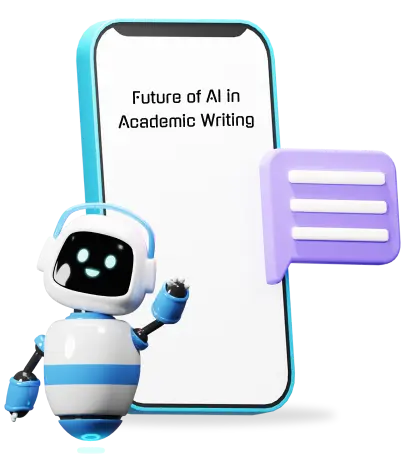The development of advanced AI applications is affecting various aspects of education. These effects are both positive and negative - but one area where it has been more positive is special education.
One of the most notable applications of these technologies in education is the use of Artificial Intelligence (AI) to help students with disabilities. AI, with its capability to support, adapt, and enhance learning environments, is playing a pivotal role in making education more accessible.
This blog will explore how AI is offering new opportunities for students with disabilities to thrive and reach their full potential.
So let’s read on!
Artificial Intelligence is not a futuristic concept anymore. Its powerful applications for solving real-world problems are already changing the lives of many.
The use of artificial intelligence in special education is changing the field in remarkable ways. With its ability to adapt, personalize, and enhance learning experiences, AI is playing a pivotal role. It is creating more inclusive and effective educational environments for students with disabilities.
Let's explore some of the key ways AI is supporting special education.
AI-powered assistive technologies help students with physical or mental impairments by helping them overcome their barriers.
For instance, text-to-speech and speech-to-text tools are breaking down barriers for students who struggle with reading and writing. Complex subjects become more accessible through these tools, enabling students to absorb information in their preferred format.
Moreover, AI is playing a pivotal role in enhancing physical accessibility within educational settings. Robotic devices controlled by AI algorithms can assist students with mobility impairments in various tasks.
These devices can help turn pages in a book, manipulate objects, or even navigate through a classroom. This empowers students to participate in hands-on activities and collaborative learning actively.
Early intervention is critical for addressing learning disabilities effectively. AI assists educators in identifying potential learning difficulties by analyzing student performance data and behavioral patterns.
For instance, the use of AI for analyzing student performance makes educators able to help children with autism spectrum early on. This way, educators can provide targeted support, allowing students to overcome challenges and thrive academically.
In addition, AI's ability to continuously monitor and analyze data enables educators to track the progress of interventions and assess their effectiveness. This iterative approach ensures that interventions are adjusted as needed, leading to more targeted and successful outcomes.
Inclusive education involves creating environments where all students can succeed. However, traditional classrooms often struggle to address the diverse needs of students with disabilities.
AI helps achieve this by adapting new tactics for making AI powered digital classrooms.
Whether it's providing alternative formats for content or adjusting the pace of instruction, AI ensures that no student is left behind. Moreover, AI can help teachers with administrative tasks which frees up their time to provide individualized education more effectively.
For example, a student with dyslexia might benefit from interactive visual aids and audio explanations. Meanwhile, a student with attention-deficit/hyperactivity disorder (ADHD) could benefit from shorter, focused learning modules.
AI's ability to adapt and evolve alongside each student's progress ensures a truly personalized educational experience.
AI's capabilities extend beyond academics.
It can also provide emotional support and engagement for students with disabilities. Chatbots and virtual assistants can offer a safe space for students to express their feelings, ask questions, and seek guidance.
These AI companions can help alleviate feelings of isolation and anxiety that are often faced by special students. Fostering a positive emotional environment conducive to learning.
Moreover, just as AI academic research content to individual needs, it can also adapt emotional support strategies. By analyzing a student's interactions and responses, AI can detect signs of emotional distress or well-being and offer appropriate support.
For example, if a student's interactions indicate increased stress, the AI companion might suggest appropriate relaxation techniques.
In conclusion,
By providing assistive technologies, early intervention, and emotional support, AI helps students with special needs achieve their educational goals. With the help of AI, we can create an educational landscape that embraces inclusivity and empowers every learner.
Want to harness the capabilities of AI for your own writing? Look no further than PerfectEssayWriter.ai.
This comprehensive plagiarism free essay writer offers multiple templates to streamline and elevate your writing process. Whether you're crafting a blog, an essay, or any other written piece, PerfectEssayWriter.ai is here to support and enhance your writing journey.
Try it out today!

WRITTEN BY
Cathy A. (Mass Communication, Education)
Cathy is a highly dedicated author who has been writing for the platform for over five years. With a Master's degree in Mass Communication, she is well-versed in various forms of writing such as articles, press releases, blog posts, and whitepapers. As an essay writing guide author at PerfectEssayWriter.ai, she has been helping students and professionals improve their writing skills by offering practical tips on research, citation, sentence structure, and style.
For more than five years now, Cathy has been one of our most hardworking authors on the platform. With a Masters degree in mass communication, she knows the ins and outs of professional writing. Clients often leave her glowing reviews for being an amazing writer who takes her work very seriously.
On This Page On This Page
Share this article
AI in Collaborative Learning Environments
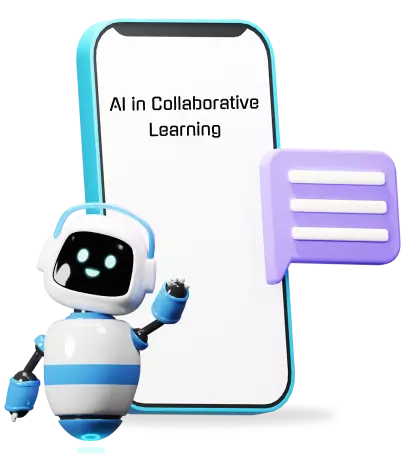
AI Tutors: Personalized Learning for Students in the Digital Classroom
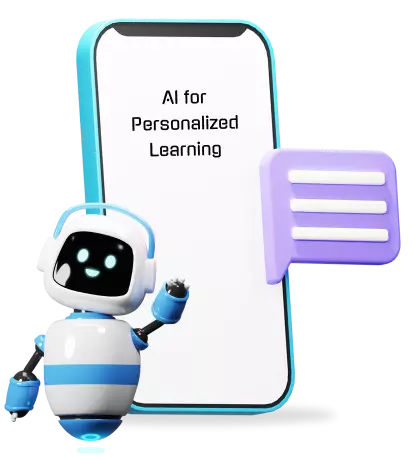
AI and the Future of Teacher-Parent Communication
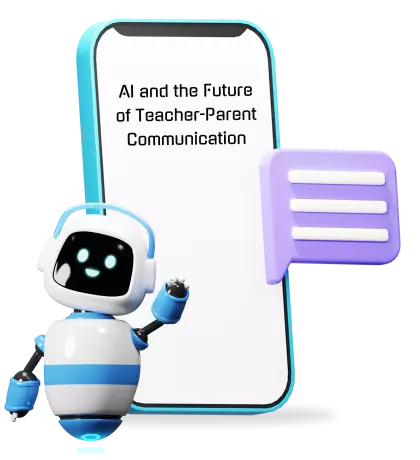
AI in Curriculum Design: Adapting Education for the Future
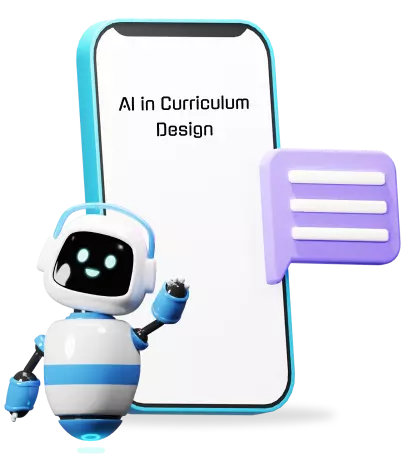
AI and Multilingual Education: Bridging Language Barriers in Learning
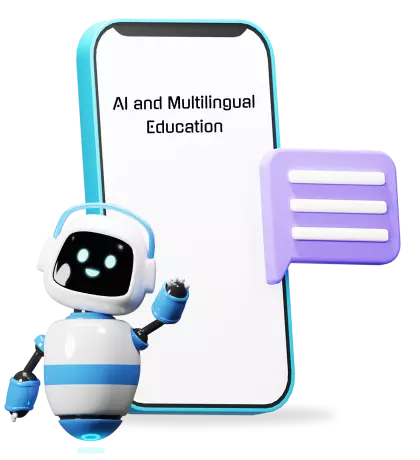
AI and Special Education: Empowering Students with Disabilities
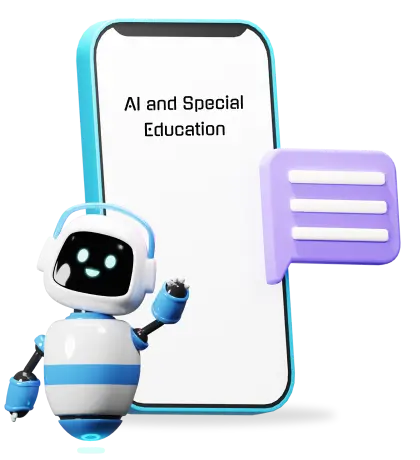
AI and Research Discovery
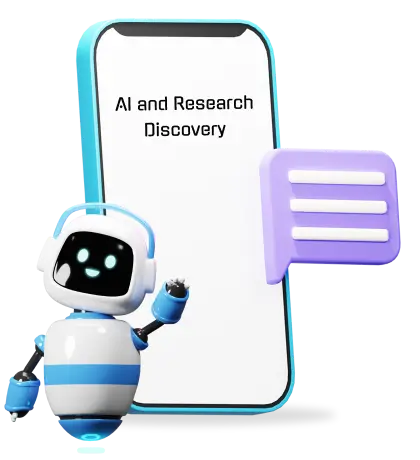
AI in Peer Review: Transforming the Academic Publishing Process
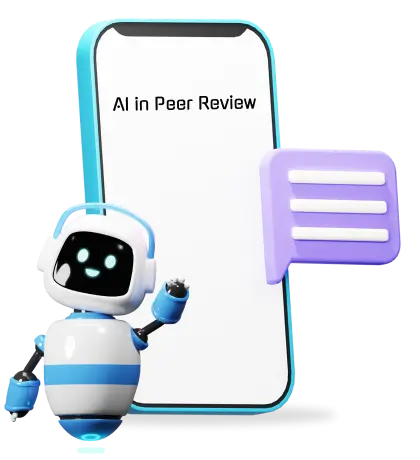
AI's Impact on Student Performance
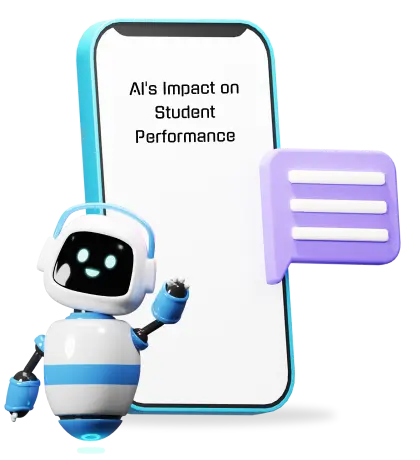
Ethical Considerations in AI Research: Ensuring Fairness and Bias Mitigation
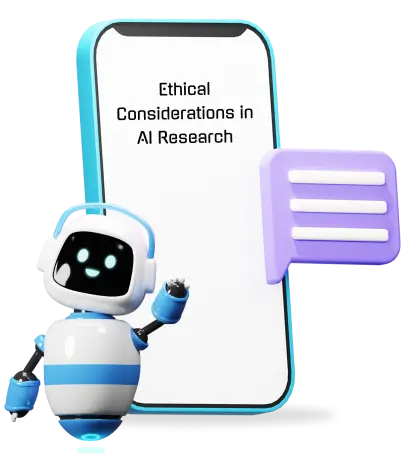
Ethical Considerations in AI-Generated Academic Content
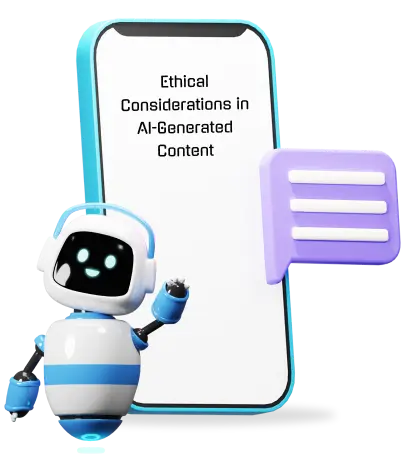
The Future of AI in Academic Writing: Trends and Predictions
